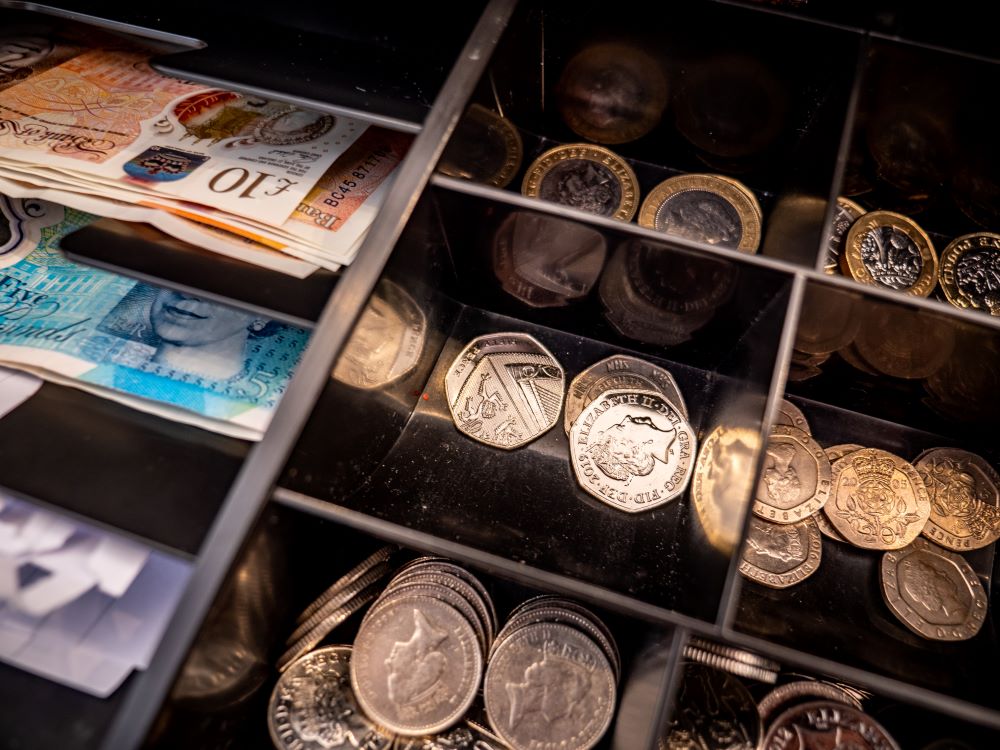
The pound sank to its lowest point against the US dollar in eight months yesterday (28 September) amid fears that the UK fuel crisis could slow down growth and as inflation surged.
Sterling fell by 1.2% to be valued at US$1.353 – its biggest one-day drop this year and its lowest level since January. It also lost 1.2% against the euro, reports the FT.
Panic buying of petrol in recent days is being seen by currency brokers as symptomatic of the broader supply chain issues that are undermining the UK’s post-Covid recovery.
Structural problems
Shreyas Gopal, a currency strategist at Deutsche Bank, said that even if the panic-buying of fuel stops by the end of the week, as predicted, structural supply problems will remain.
“The fuel shortage is to some extent simply the vehicle through which the wider labour shortages are biting the most at the moment,” he said.
Reversal
The Telegraph reports that the fall undoes the pound’s strong start to the year, which was prompted by Britain’s speedy vaccine rollout.
Sterling has lost nearly 5% against the dollar since its peak of $1.42 in late May.
BOE ready to step in
Worries over supply chain turmoil sent borrowing costs on a ten-year government bond to above 1% for the first time since March 2020.
On Monday, the Bank of England Governor, Andrew Bailey, warned that it was ready to “step in” if inflation lurched out of control.
With inflation expected to be above 4% until at least April, markets predict the BOE will raise interest rates from their record low of 0.1% to 0.25% in February, with a further rise to 0.5% in August.
Food prices up
Figures from the British Retail Consortium (BRC) also show that food prices increased by 0.1% in September, the first uptick in six months.
The BRC said higher transport costs, rising commodities prices, labour shortages and Brexit red tape are among the causes for the rise.
Solution
Helen Dickinson, BRC chief executive, said prices would continue to rise, with supply chains tested by recent CO2 and HGV driver shortages, and that a long-term solution to the driver shortage was needed.
“Without this, these additional burdens to what is already a precarious trading environment, will affect the British consumer and the prices they pay for the goods they want and need,” she added.
Stagflation
City economists are warning of the risk of ‘stagflation’, where poor growth combines with rising prices.
“The main market narrative is one of stagflation,” Samy Chaar, chief economist at Lombard Odier, the wealth manager, told the Times.
